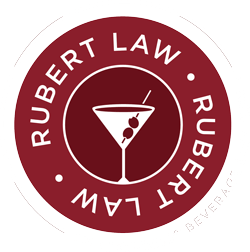The alcohol industry and its consumers are as trendy as other industries, if not more than most. In the last few years, the rise of hard seltzer has been a prime example. There are early innovators like White Claw and Truly, and corporate giants like Anheuser-Busch InBev are releasing their own versions. The light, refreshing beverage, which may be brewed or blended, is also an excellent alternative for smaller craft brewers looking to expand their customer base without getting new equipment or licensing.
Trade data indicates that the marketing of hard seltzer has slowed down a bit, but sales are still growing, signaling that it is now part of the industry landscape. So, where does a brewery go to start the process of manufacturing and selling the product?
Defining hard seltzer
Hard seltzer can be made several different ways. It can be made from carbonated water combined with flavoring and alcohol, as well as from fermented sugar or malted barley. Interestingly, the Alcohol and Tobacco Tax and Trade Bureau (TTB) does not define hard seltzer as a separate type of beverage. Frequently, though, hard seltzer and similar products are categorized as beer, instead of wine or distilled spirits. Exactly how the beverage is classified under both the Internal Revenue Code and Federal Alcohol Administration Act depends on whether it is made with malted barley and hops.
Steps brewers must take
Businesses planning to make hard seltzer here in Florida must go through the current process and submit paperwork to the Division of Alcoholic Beverages and Tobacco (DABT) for licensing and the TTB for compliance. It includes:
- Applying for label approval
- Applying for formula approval
- Submitting operational reports and paying excise taxes
As hard seltzer and similar products are still relatively new to the marketplace, changes in taxation and classifications are certainly possible in the future. Nevertheless, the process starts with submitting paperwork for the above. As this issue will likely change, and there will be new hard to define alcohol beverages and products, alcoholic beverage manufacturers may want to consult with an attorney who understands liquor laws and the workings of the TTB and the DABT. It is one of the best ways to address present-day needs while preparing for the future.
